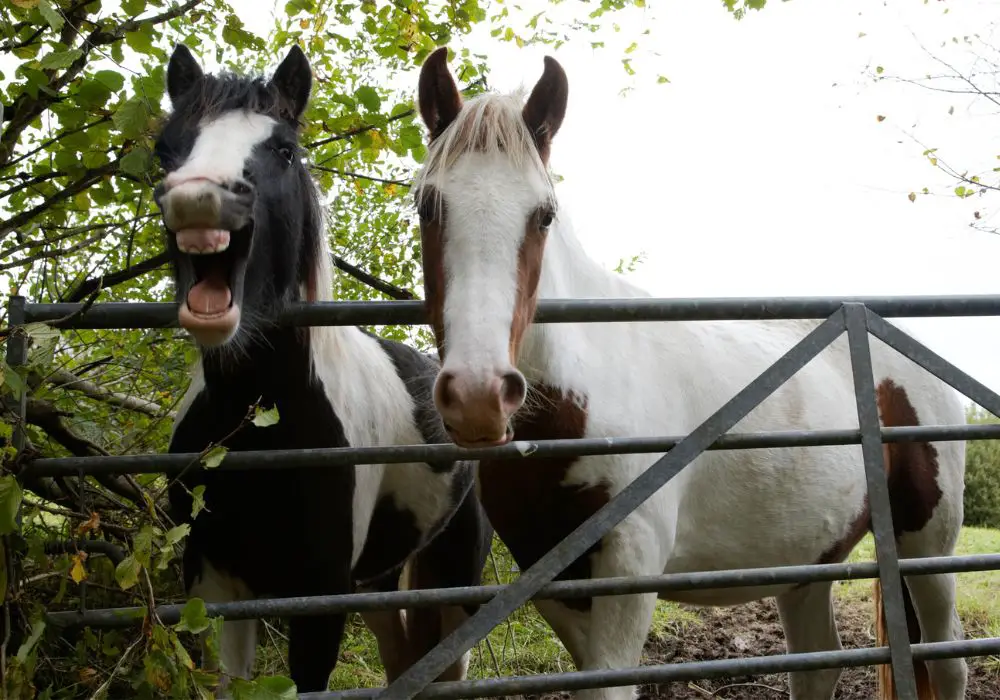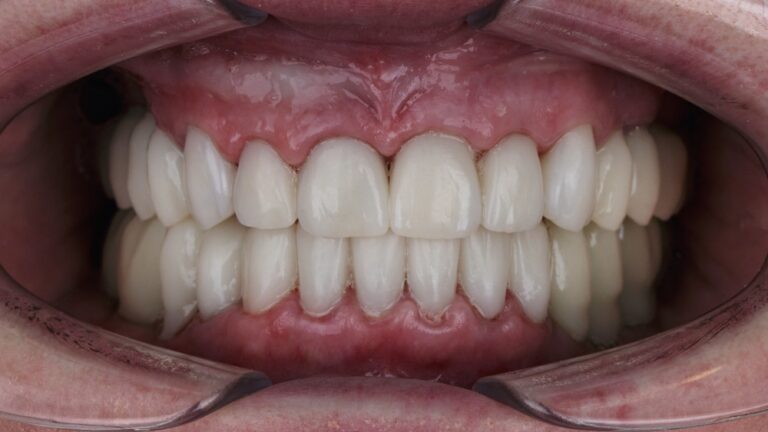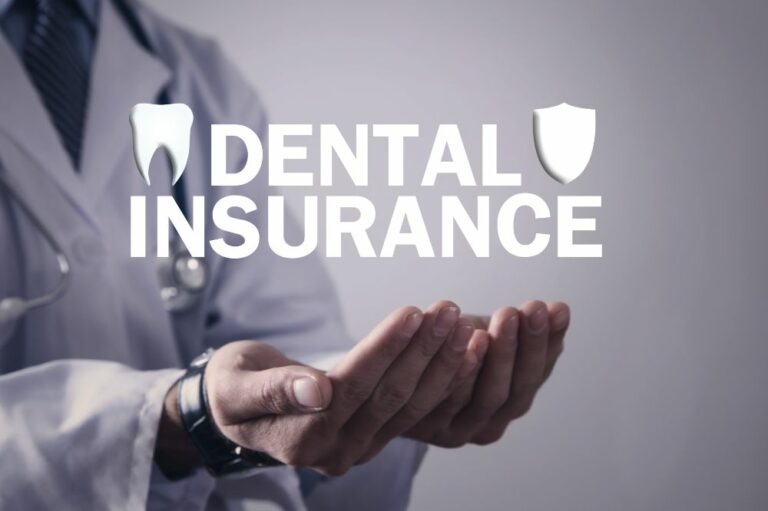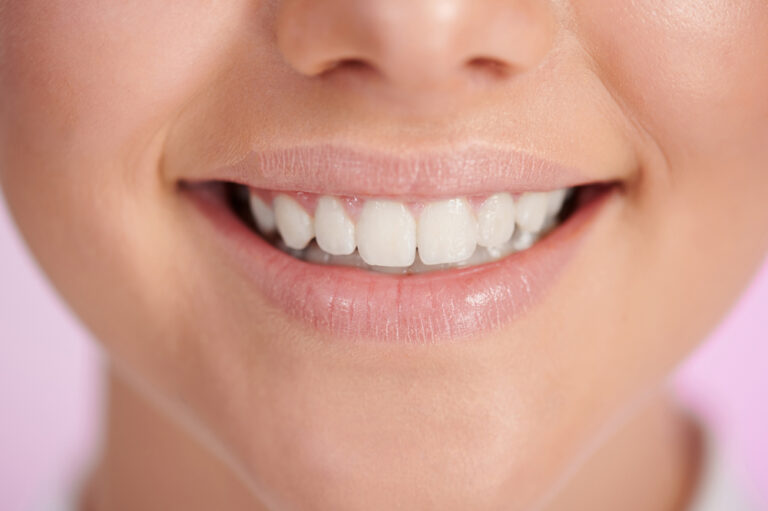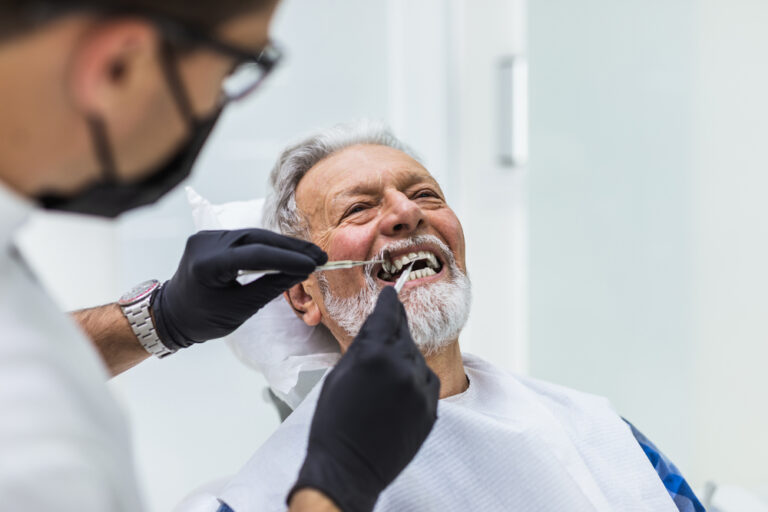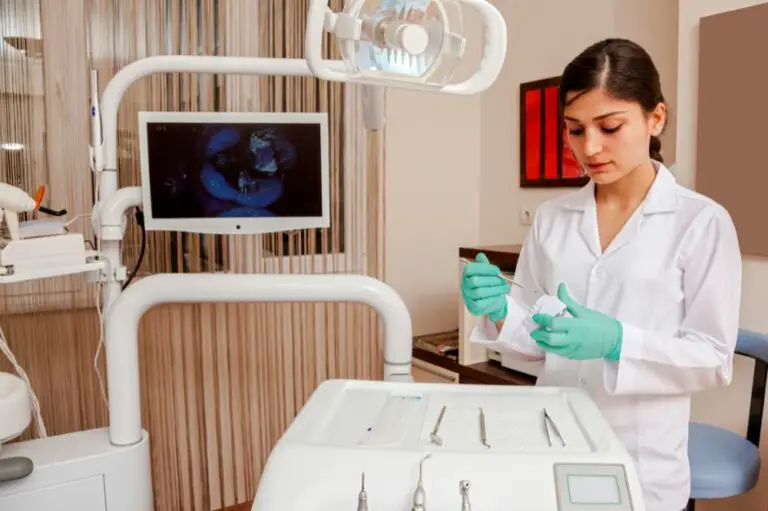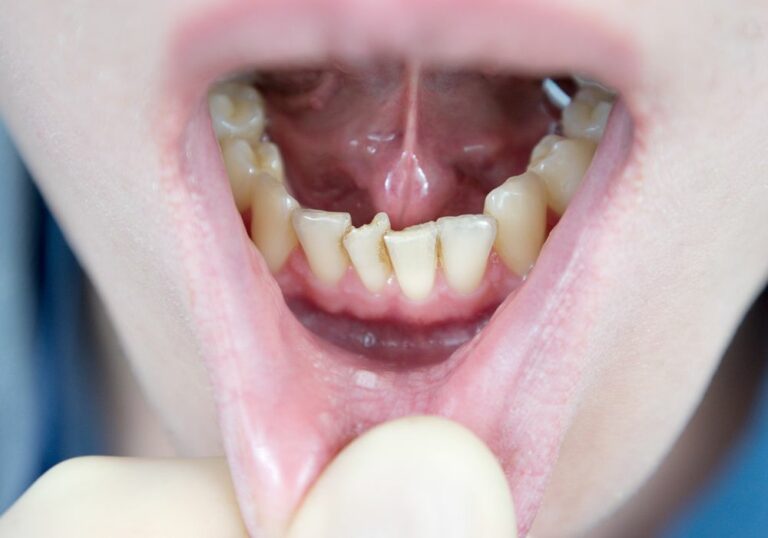Understanding horse teeth and their functions
Horses, like humans, develop two sets of teeth over their lifetime. Young horses grow baby teeth, called deciduous or milk teeth, that start coming in around birth and are all present by age 21⁄2 to 3 years. Horses have between 24-26 deciduous teeth. These milk teeth resemble the permanent teeth that will replace them but are smaller and whiter.
As the horse ages and approaches approximately 21⁄2 – 5 years old, the deciduous teeth slowly begin falling out as the permanent adult teeth grow in. Horses have between 36 and 44 permanent teeth as adults.
Horse teeth are comprised of the following types and functions:
- Incisors – Horses have 12-24 incisors total (6-12 on top and bottom). These front teeth are used for biting off grass and grabbing food.
- Canines – In males, there are 4 elongated upper and lower canine teeth called tushes. They are used for biting and grabbing during inter-male fighting and competition for mares. Mares may have smaller or absent canines.
- Premolars and Molars – Horses have between 24-28 cheek teeth made up of premolars and molars. These rear teeth have broad, flat surfaces designed for chewing and grinding down tough grasses and hay.
A horse’s teeth play a vital role in their ability to grab and swallow food, while also utilizing their specialized teeth to chew and digest roughage and grazing grasses. Their wide molars and premolars are perfectly adapted to move in circular motions that grind plant material into digestible pieces. Without teeth, horses would be unable to properly grasp food in their mouth, chew it into pieces, digest fiber, and survive on their natural diet.
What happens when horses lose their teeth?
Horses gradually start to lose their teeth as they age, particularly as they pass age 15-20 years old. This occurs for a variety of reasons:
- Tooth loss – Equine teeth can loosen and eventually fall out due to damage from abnormal wear, dental disease, infection below the gumline, or periodontal disease. The tooth roots essentially become weakened and unstable. In some cases, trauma may also directly dislodge or fracture teeth.
- Tooth wear – Constant grinding of fibrous diet over many years slowly wears the teeth down resulting in shortened crowns. This is considered normal wear, but leaves less tooth structure. Elderly horses often have very short, sharp teeth due to lifelong grinding.
- Malocclusion – Improper alignment of the upper and lower teeth can prevent proper grinding motion. Uneven wear and points develop which leads to cheek and gum ulcers. Loss of opposing teeth leads to overgrowth.
- Lack of replacements – Unlike species like sharks that replace lost teeth continually, horses only generate two sets of teeth in their lifetimes. So permanent adult teeth that are lost or extracted are not replaced.
- Disease progression – Periodontal disease around the tooth roots tends to worsen with age. Bacteria infiltrate below the gumline and create worsening infection and inflammation.
As horses age and progressively lose teeth, noticeable gaps in their mouth are left where teeth used to be. There are fewer functional teeth remaining for grazing and chewing. The loss of incisors impacts grasping ability. Missing molars and premolars severely reduce grinding capacity.
This deterioration of dental function makes it increasingly difficult for elderly horses to properly chew their food and grind it into digestible particles. Partial chewing can leave food too large or chunky to be easily swallowed. Impacts include:
- Significant weight loss from inability to efficiently digest food
- Choking hazards if food is inadequately chewed and particles are too big before swallowing
- Tooth root abscesses below the gumline in empty tooth sockets
- TMJ arthritis from uneven chewing forces and tooth alignment
- Cheek or tongue laceration from sharp points on loose teeth
- Behavioral changes from dental pain or discomfort
Can horses survive with no teeth?
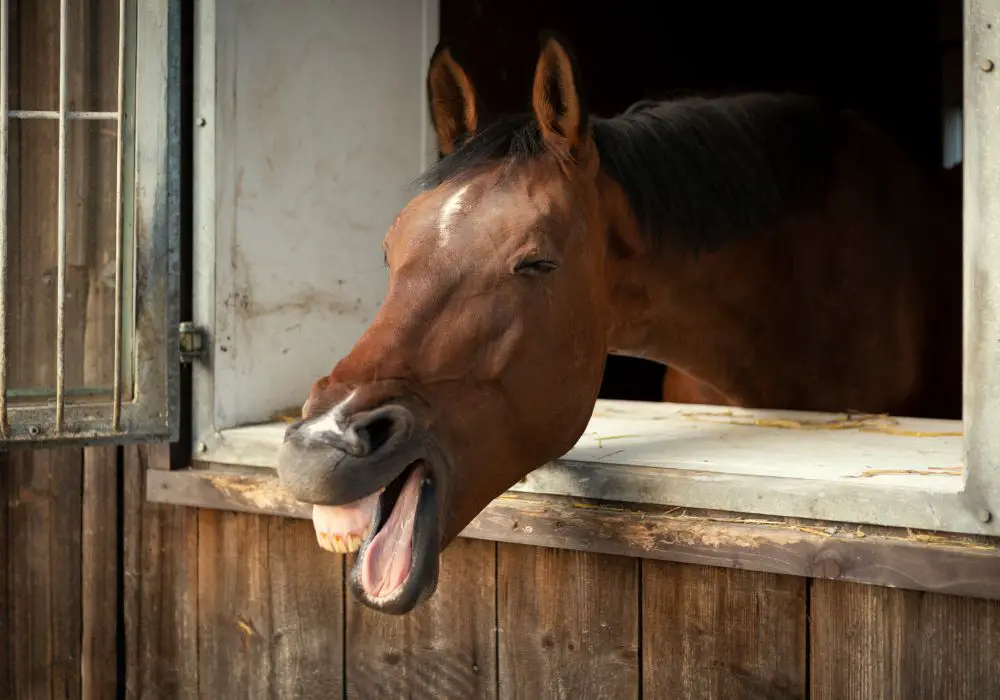
While horses rely heavily on their specialized teeth for grabbing and grinding food, they are amazingly adaptable animals and can survive with even just a few remaining teeth. They are also able to live without any teeth provided their owner can provide proper management and assist with their nutritional needs.
Some key adaptations and management strategies to supporting toothless horses include:
Regular dental care
- Frequent dental exams by an equine veterinarian to closely monitor for developing problems
- Regular floating and rasping by a vet or equine dentist to keep any remaining teeth smooth
- Prompt treatment of any tooth root abscesses below gumline
- Aggressive therapy if periodontal disease is present
Diet adjustments
- Switching to a primarily soft, soaked senior feed diet rather than dry coarse hay that requires heavy chewing
- Avoiding all coarse hay, forage, and grass; providing only softened feeds
- Soaking and fully saturating hay cubes, pellets, or chopped forage
- Adding unsalted chicken broth or vegetable oil to create gruels or slurries
- Frequent small meals to account for reduced digestive efficiency
Grazing limitations
- Use of a grazing muzzle to prevent eating grass while turned out
- Limiting or eliminating pasture time to prevent belly pain from swallowed long stems
- Providing a dirt paddock or dry lot with no grass temptation
Pain management
- Daily NSAID administration such as Phenylbutazone if dental pain is present
- Addressing osteoarthritis pain from TMJ misalignment using pain relievers
- Pre-emptively giving pain medication if any dental procedures are needed
Weight maintenance
- Weighing horse weekly to monitor for weight loss
- Adjusting food quantity or caloric density if weight drops
- Avoid overfeeding leading to intestinal upset or laminitis
Ongoing monitoring
- Observing closely during and after each meal for difficulty chewing or swallowing
- Paying close attention to manure for poor digestion and undigested material
- Listening for chronic coughing which could indicate choke or aspiration pneumonia
Owner patience and care
- Spending extra time hand feeding each meal to ensure proper chewing and swallowing
- Introducing diet changes slowly to give their gut time to adjust
- Providing a soft, high calorie diet that still fulfills all nutritional requirements
- Showing extra patience for behavioral frustrations or discomfort from mouth pain
- Committing to attentive daily care and dental maintenance
What is the life expectancy for a horse with no teeth?
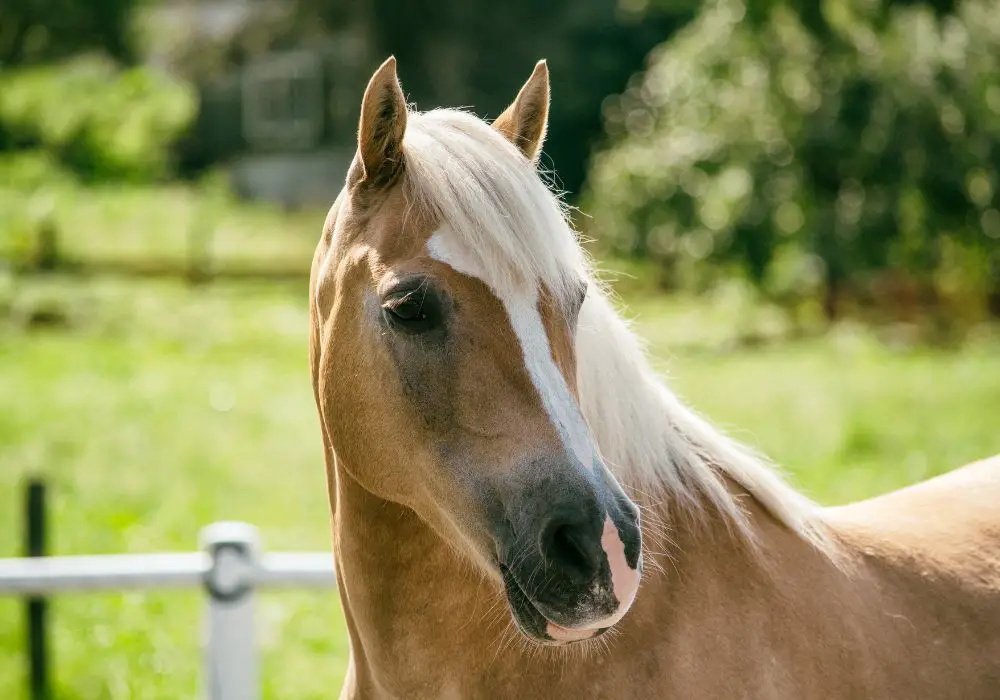
The lifespan for a toothless horse ultimately comes down to their owner’s level of dedication and ability to adapt their management and diet as needed. With intensive nutritional support and dental care, a horse without teeth can live well into their late 20s or early 30s. However, maintaining their health is far more labor intensive and there are many complicating factors:
- Age at onset of tooth loss – Horses missing teeth for years tend to fare better than those who lose them suddenly at advanced age.
- Overall health status – Existing issues like metabolic disease, Cushing’s disease, arthritis, or cardiac disease make adapting much harder.
- Dietary adjustments – The owner must be willing to continually modify and experiment with feed textures, additives, and alternatives. What works today may not tomorrow.
- Labor requirements – Around the clock monitoring and assistance is exhausting. Caregiver fatigue can develop.
- Weight maintenance – Rapid weight loss and inability to sustain good body condition quickly leads to decline.
- Choking frequency – Repeated choking episodes can cause lung aspiriration, pneumonia, and esophageal scaring.
- Dental pain – Discomfort from loose teeth, sharp points, and abscesses greatly affects quality of life if not managed.
With very close medical supervision and dedicated trial-and-error efforts to meet their nutritional needs, horses can live well into their 20s without teeth. However, health complications often arise that may necessitate humane euthanasia to prevent further suffering. Owners must remain realistic about quality of life. If it begins to diminish, elongated life may not be the most ethical choice.
Example timeline for a horse with no teeth
Here is an approximate timeline showcasing what progression of dental disease and care may look like for a typical aging horse:
Age 15:
- Annual veterinary dental exam shows mildly worn teeth with no abnormalities.
- Horse maintains proper weight on pasture, hay, and grain.
Age 18:
- Biannual dental exams recommended due to moderate wear and 2 lost incisors.
- Slightly underweight; started on senior feed ration twice daily.
Age 21:
- Horse is missing 6 incisors and has periodontal disease.
- Switched to soaked pelleted senior feed slurry six times daily.
- Wears a grazing muzzle on pasture.
Age 24:
- Horse has lost all incisors and most molars due to advanced dental disease.
- Eats pureed mash and soaked rations from a bucket 8x daily to maintain weight.
- Vet performs dental exams and treatments every 3 months.
Age 27:
- Horse now has only 6 remaining teeth but stays healthy on soft toothless diet.
- Maintains good body condition with extra feedings and caloric additives.
- Vet monitors horse very closely for weight loss, choke, or abscesses.
Age 31:
- Due to advancing age and arthritis, toothless condition is harder to manage.
- Difficulty chewing results in choke episodes and feed material in lungs.
- Owners elect euthanasia due to decline in quality of life.
Frequently Asked Questions
How do horses chew and digest food without teeth?
With most or all teeth missing, horses cannot physically grind and chew food effectively in their mouth. Instead, they must rely more heavily on enzymatic digestion within their gastrointestinal tract to break down nutrients. Food is simply swallowed after minimal chewing, and gut motility and enzymes break it down once consumed.
What are the most serious health risks for horses losing their teeth?
The most dangerous risks are choking from hurried swallowing of inadequately chewed food, and aspiration pneumonia from food material entering the lungs. Weight loss, colic, and dental abscesses are also serious concerns. Pain and discomfort from sharp tooth points and disease may cause behavioral changes.
What is the typical age that horses start losing teeth?
Horses can start losing teeth as early as 15-20 years old. Incisors in the front of the mouth frequently fall out or require extraction first. By age 25-30, it is common for dental disease or wear to have resulted in loss of multiple incisors and premolar/molar teeth.
How often should dental care be performed on elderly horses?
Horses over 15 years old should have at least annual veterinary dental exams. Horses showing accelerated wear, disease, or missing teeth often need dental attention every 6-12 months to treat issues early. Regular floating by an equine dentist helps keep teeth aligned and smooth.
What diet is recommended for horses with missing or no teeth?
Veterinarians recommend a primarily soft, fully soaked mash or slurry diet. Pelleted feeds soaked into an oatmeal-like gruel are ideal. Chopped hay may be tolerated if well soaked. Whole hay and grass should be avoided. Senior feeds with more calories and vit/min supplementation are important.
Conclusion
While horses naturally rely on their specialized teeth for meeting their nutritional needs, they are adaptable animals that can survive without them. However, extra dedication and tailored management from owners is required. Most importantly, horses must be provided softened, fully soaked feeds they can swallow. Their body weight needs to be maintained through increased and calorie-dense meals. Any emerging dental problems require rapid veterinary attention. With attentive care focused on their health and nutritional needs, horses can live well into their late 20s and early 30s without teeth. However, declining health or quality of life necessitates making humane euthanasia decisions to prevent undue suffering. Caring for a toothless horse is difficult but very possible for committed owners willing to make the needed accommodations.

